Urmila Matondkar Birthday: Revisiting Actress' Career-Making film, Rangeela; Click To Know Interesting Trivias
Umrila Mantondkar's career changed, rather boomed after Ram Gopal Varma's Rangeela. Read ahead to know some interesting facts about the film
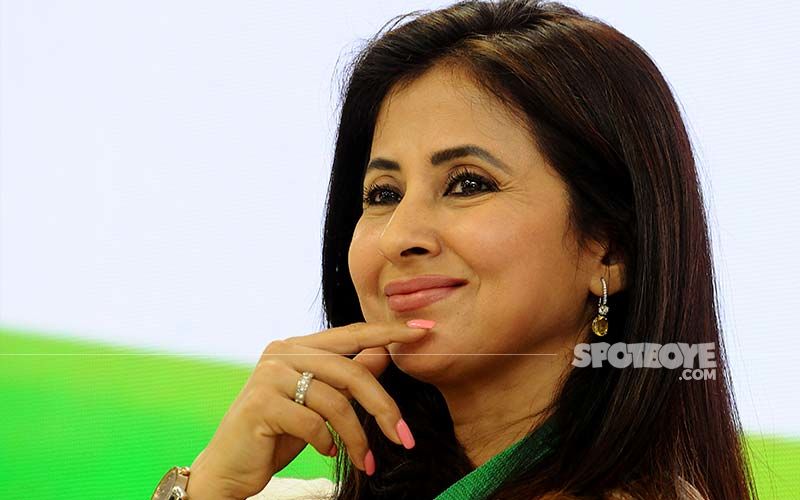
On September 8, 1995 at 12.05 noon, a star was born. It was like a war chant. The minute Urmila Matondkar screamed Yaeee re yaeee re zor nagake nachee re in her micro-mini Manish Malhotra outfit that left EVERYTHING to the imagination, she was a certifiable star. Of course, in the film it took her another 175 minutes to get there.
The magic of the movies is that it foretells a success story even before the story unfolds. Urmila who did half a dozen inconsequential films before Rangeela never anticipated the typhoon that her character whipped at the box-office.
Playing the middle-class Mumbai girl Mili (the protagonist’s name was a furtive tribute by director Ram Gopal Varma to Hrishikesh Mukherjee) Urmila rocked the box-office and shook up every definition of how the conventional heroine conducted herself on screen. Bindaas is the word that comes to mind when describing Urmila in Rangeela. Gyrating sensuously to A R Rahman’s seductive sounds, Urmila scorched the screen, setting the audiences’ collective libidos on fire.
The plot was a cleverly cloaked fairytale. Girl dreams of stardom, is secretly loved by the street hoodlum Munna (Aamir Khan) but is swept off her feet by the nation’s heart-throb Raj Kamal (Jackie Shroff, playing an amalgamation of Rajesh Khanna and Kamal Haasan).
The film was fresh, sassy, unselfconsciously and unabashedly dream-like in choreography, mood and tempo. Mili’s life at home is portrayed with a lightness of touch that Ram Gopal Varma (RGV) never seemed to achieve in his subsequent films. In fact, RGV’s cinema leaned progressively towards dark blood-soaked themes of gangsterism.
The delight he derived in serenading the artless joy of first love or the first flush of success or for that matter, the first dance of effervescence as Urmila’s native joie de vivre jumped out of the screen, remains contagious to this day.
The domestic scenes with Urmila’s parents (Achyut Poddar and Reema Lagoo) and her kid brother, curiously named Motilal and weirdly incompatible-looking in skin-tone with the rest of the family, are vehemently vibrant. In his later films Ramu invested his energy into the dark region. He sold himself ‘ouch’.
Rangeela is RGV’s lightest film to date. Its unmistakable power-source can be traced to Urmila’s fidgety constantly-restive performance that invites audiences’ adrenaline level to take a high-jump. She epitomizes the yearnings of the young Mumbai girl with a strong family support-system to see her dreams through.
‘Family’ also means Munna (Aamir Khan) the tapori in yellow pants, knitted vests, stubborn stubble and cocky caps. It would be seriously wrong to call Munna a goonda. He is more the neighbourhood rowdy Rathore in anything but khaki. Arguably the finest performance of Aamir’s career, Munna gave Aamir a chance to let go, to simply have fun with a part without bothering with the earlier and future history of the character. The scenes where he coaches Urmila to memorize her dialogues for her shooting the next day, show the actor’s gaze melting in unrequited love as he gets ‘in character’.
Aamir actually played the all-giving Chandramukhi from Saratchandra Chatterjee’s Devdas with a sex change. He didn’t have to perform a Mujra to entertain love. The lovelorn looks when Mili isn’t looking(she has her eyes trained to a distant dream) keeps Munna’s character on the level of a street-smart lover-boy without reducing him to a caricature.
Munna’s hurt when Mili excitedly walks off in the middle of a lunch date to be with the superstar, was so palpable, we were inclined to shake Mili by her shoulders and point her to the obvious love that flowed out of Munna.
Interestingly films set in the film world were known not to work at the box-office. Guru Dutt’s Kagaz Ke Phool had nearly killed the filmmaker’s self-esteem. Then there were Vijay Anand’s Tere Mere Sapne, Meraj’s Sitara and Rituparno Ghosh’s Shubho Mahurat. After Rangeela RGV’s Mast which was also set in the film industry bombed, as did Sudhir Mishra’s Khoya Khoya Chand and Zoya Akhtar’s Luck By Chance.
Rangeela was another experience altogether. The excesses of the entertainment industry were harnessed into telling a tale where it was okay for the wannabe screen-queen to overnight replace the tantrum-throwing leading lady. Rangeela is about wish fulfilment. Urmila gets stardom. Aamir gets Urmila. The superstar Jackie Shroff gets left behind. You can’t have a love story without a broken heart.
While the songs and dances were uniquely evocative and erotic, scenes from the film industry were deliciously tongue-in-cheek. Neeraj Vora as a sozzled gatecrasher pretending to be an influential producer who beleaguers Urmila at a party, the finicky director Steven Kapur (Gulshan Grover) who threatens to pack up at the smallest pretext, the tantrum-throwing heroine (Shefali Shah), the harassed film producer (Avtar Gill) quoting box-office figures to lull his own insecurities, the faithful father-like star-secretary (Ram Mohan)… these are all figures from the film industry.
RGV wove the wackiness of Bollywood into an oven-fresh rags-to-riches saga. The working-class wannabe star was draped in dresses that defied gravity. But RGV never resorted to low-angle vulgarity. His camera had not begun to peer into thighs and cleavages as yet. The film has long swift legs. But no thighs. Rangeela is a celebration of unalloyed innocence. The fun quotient was not thrust on the plot. It flowed freely and smoothly from the actors’ own enjoyment of the material that was served up to accentuate the contrast between dream-like aspiration and harsh day-time reality.
Significantly, Munna sold tickets at blackmarket rates outside the theatres where Mili aspired to be on screen. The dream that stars live out on screen often fades into the harsh reality of daylight.
Rangeela Trivia:
- Urmila’s character was partly based on RGV’s dream-woman Sridevi.
- Urmila had earlier worked in RGV’s Drohi. The two subsequently worked in 6 films and were often linked together. Though they both denied it. The last time Urmila worked for RGV was in Ram Gopal Varma Ka Sholay where she performed the iconic Mehbooba oh mehbooba.
- Actor Rajesh Joshi who played Aamir Khan’s friend Pakiya died soon after in a road accident. He was actor Manoj Joshi’s sibling.
- The unforgettable performance by the waiter when Aamir takes Urmila to a 5-star hotel for lunch apparently provoked RGV to say the waiter performed better than Aamir in the scene. The actor who unknowingly caused a rift between Ramu and Aamir was the Gujarati stage television and film actor Rajiv Mehta.
- Aamir and RGV fell out after Rangeela, both vowing they’d never work with the other.
- Madhur Bhandarkar who worked as an assistant to RGV made a cameo appearance during a scene showing a film shoot.
- Shefali Shah’s nakhre-wali leading lady was apparently based on Moushumi Chatterjee.
- While one-half of Urmila’s Tanha tanha number was shot in Goa the other half had to be shot in Madh Island.And no one could tell the difference.
Ram Gopal Varma Speaks On Rangeela:
“There’s no such thing as a dark and light kind of film in my repertoire. Even the dark films have songs romance and light moments. I am definitely more attracted to films that deal with power conflicts. But every director keeps remaking his favourite films. Mine are The Godfather, McKenna’s Gold, The Exorcist, The Sound Of Music and Singing In The Rain. I came to Rangeela after making a couple of dark films Shiva and Raat. But before Rangeela I also made two very frothy Telugu films Govinda Govinda and Kshanam Khanam. So it wasn’t as if I suddenly swerved into the romantic musical genre. To me Rangeela was a homage to two of my favourite Hollywood films The Sound Of Music and Singing In The Rain. The choreography was inspired by Singing In The Rain. The Sound Of Music was the first film I had seen which had no antagonist. I consciously avoided negative characters in Rangeela. It was set in very real situations. We shot in a real middle class house to show Urmila and her family’s lifestyle. When people say I made Urmila’s career in Rangeela I completely disagree. I am the same guy who earlier made Drohi with Urmila. What happened to that? For any actor, success is a question of getting the right opportunity. Then everything falls into place. During Drohi the choreographer didn’t turn up for a song. So I asked Urmila if she would dance on her own and she agreed. And she did a great job. That’s when I decided to make Rangeela with Urmila. Aamir’s character was based on a street goonda I knew in Hyderabad. When I narrated Rangeela to Aamir, he immediately agreed. He is an incredibly passionate performer. Was Steven Kapur based on Shekhar Kapoor? I heard Shekhar and Vinod Chopra have been arguing since then whether it was the one or the other. When they asked me I told them to keep guessing. As for A R Rahman, you need a lot of patience to work with him. He works at his own pace. I like doing things yesterday. He likes doing them the day after tomorrow. I didn’t have the patience. So, after Rangeela and Daud we never worked together again. Rangeela worked. Daud didn’t. There’s no way we can predict these things. I’d like to do another film in the Rangeela genre.”
Image Source: Instagram/urmilamatondkarofficial
Image Source: Instagram/urmilamatondkarofficial
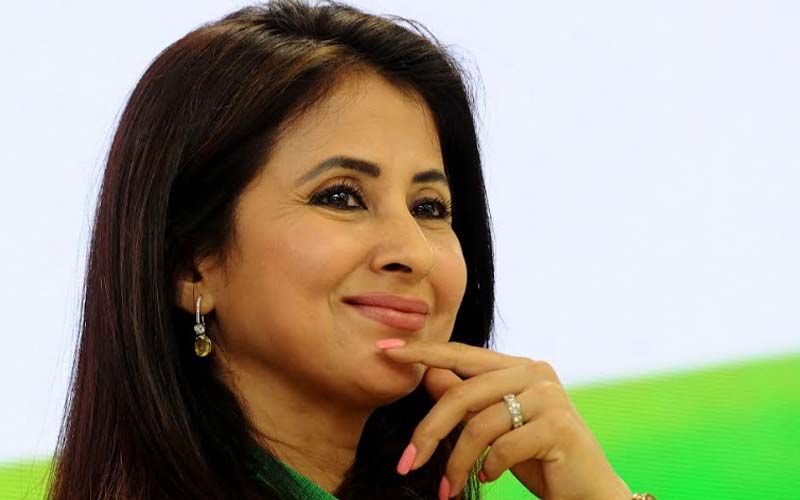
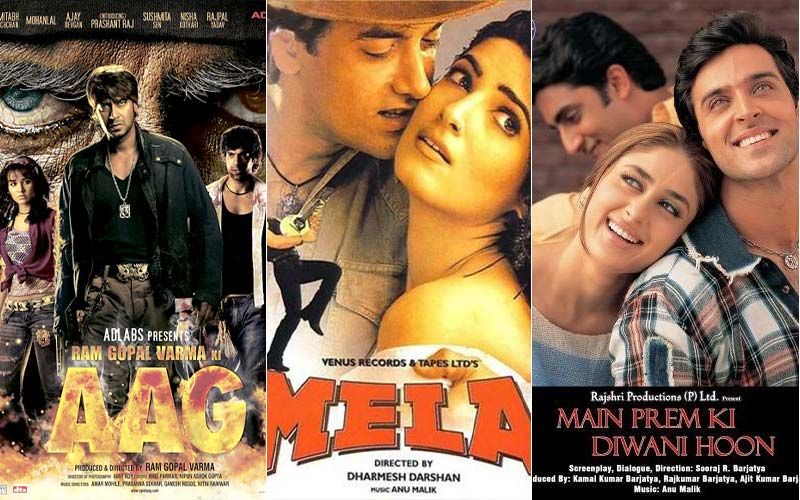

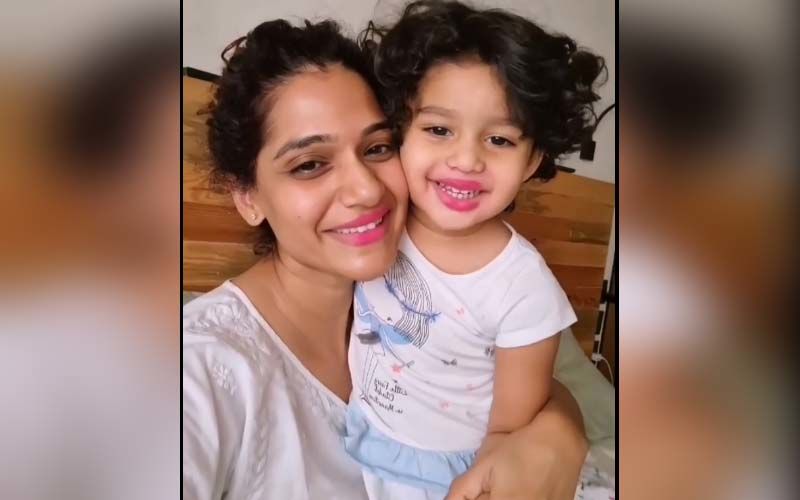
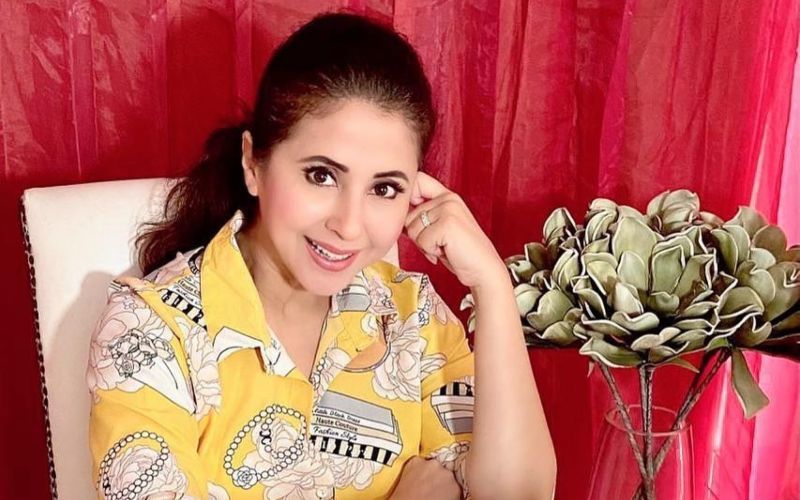
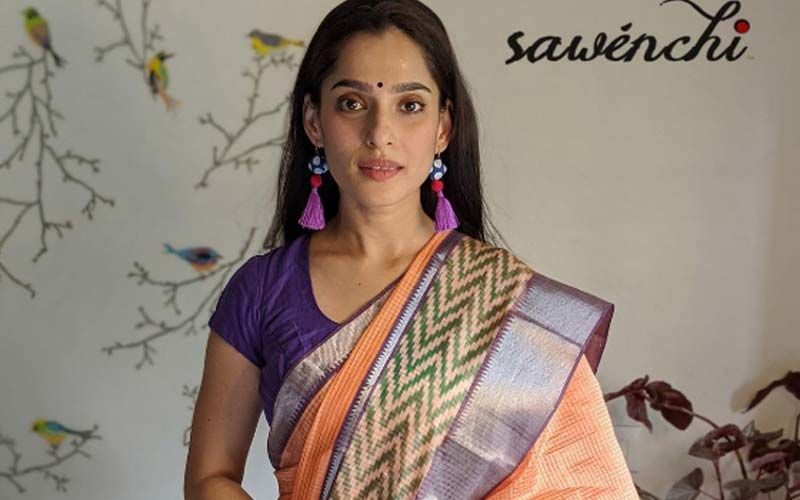
_2024-12-23-5-53-49_small.jpg)
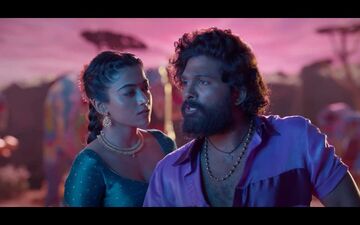
_2024-12-23-10-10-26_small.jpg)
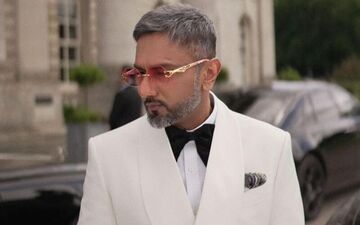
_2024-12-24-7-11-13_small.jpg)